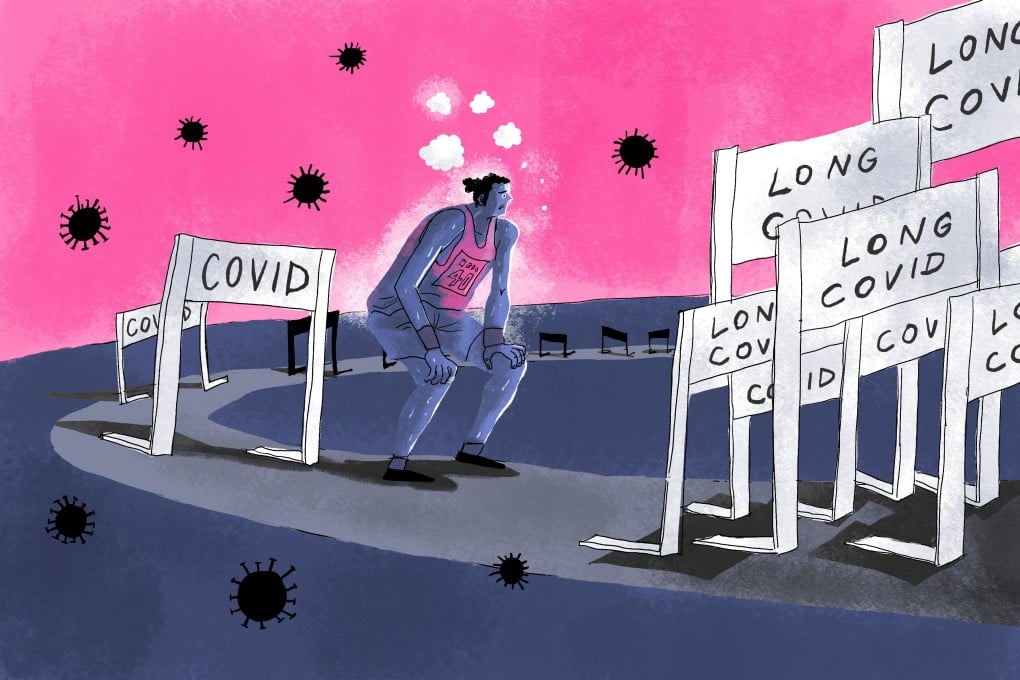The growing problem of Covid-19’s ‘long-haulers’ a global challenge
- Studies in China and around the world show symptoms can linger for up to 12 months in some patients
- The ‘long Covid’ sufferers need of support and the impact on the workforce is also in question

This is the second part of a series on challenges China faces in its battle against Covid-19. Here, Zhuang Pinghui looks at what international research is revealing about the problem of “long Covid”.
The “long-haulers” find symptoms usually emerge three months from the onset of Covid-19, last for at least two months and cannot be explained by an alternative diagnosis.
“It is going to be an issue because there are just so many people who are affected. We have been trying to save people in intensive care or [from] being hospitalised, but we will need to focus on how to get these patients better once the dust settles a little bit,” said Angela Cheung, senior scientist and professor of medicine at the Toronto General Hospital Research Institute.
Cheung is co-leading a longitudinal study called CanCOV which is following the Covid-19 journey of about 17,000 subjects. “Many people still have residual symptoms. The more severe the disease is, the longer term issues they have. Those who are not hospitalised can develop long Covid, too,” she said, adding that the illness had an “episodic nature”.
London-based IT professional Ondine Sherwood, who founded the LongCovidSOS campaign group, said she was still experiencing recurring symptoms after developing a mild case of Covid-19 in March last year. She would feel better and a couple of days later, the same symptoms would return.